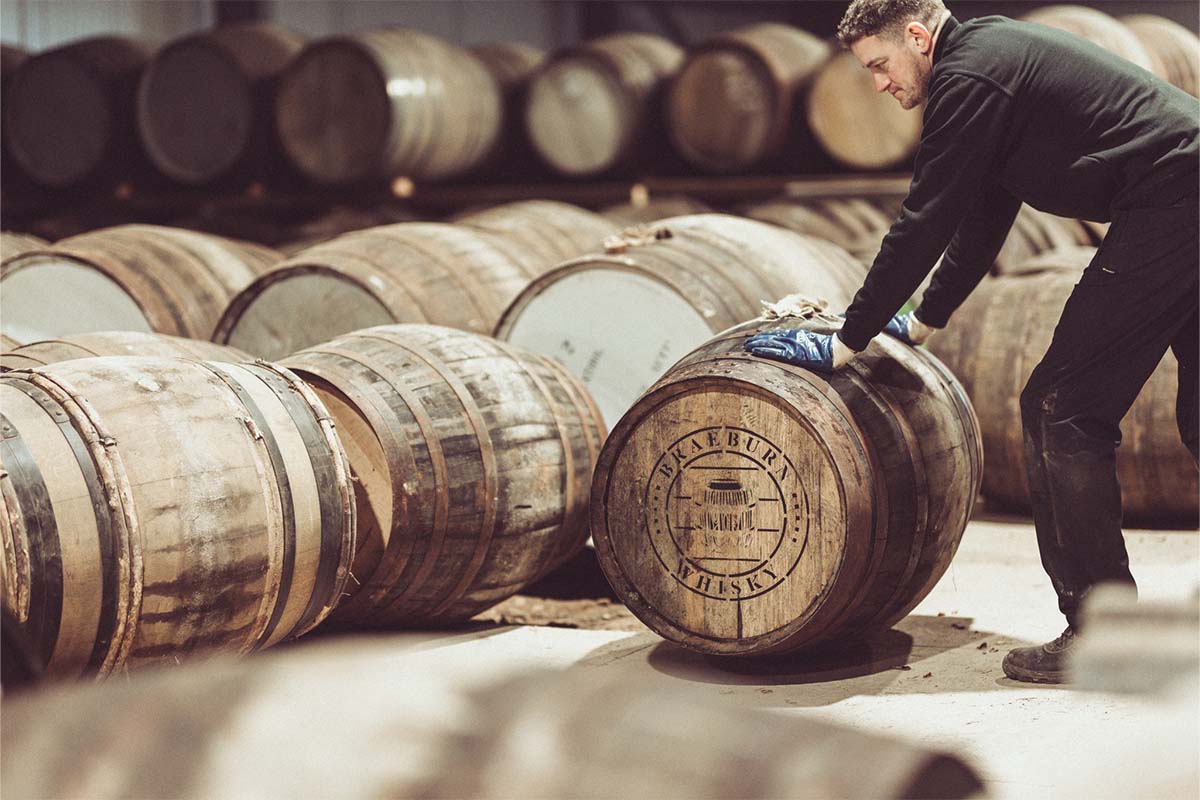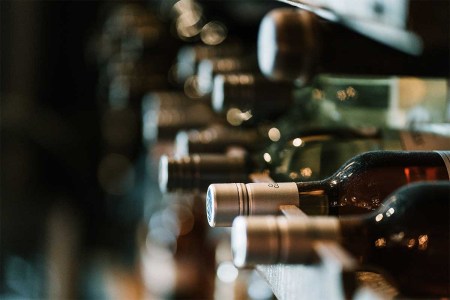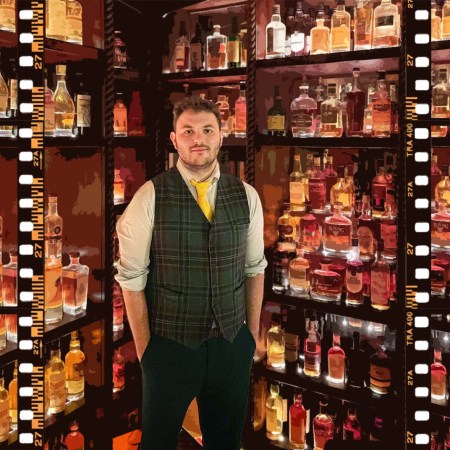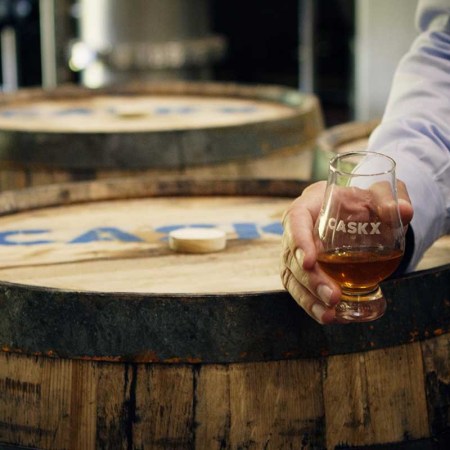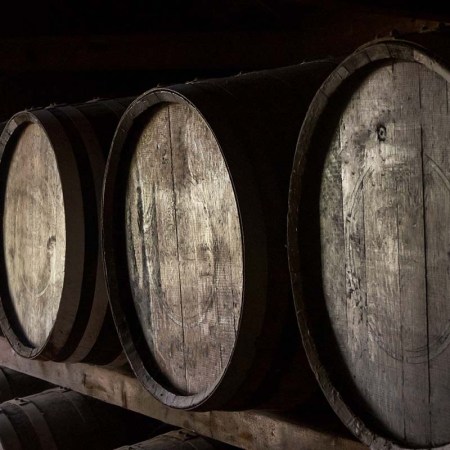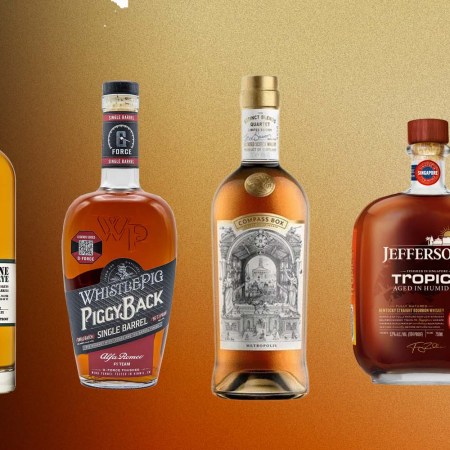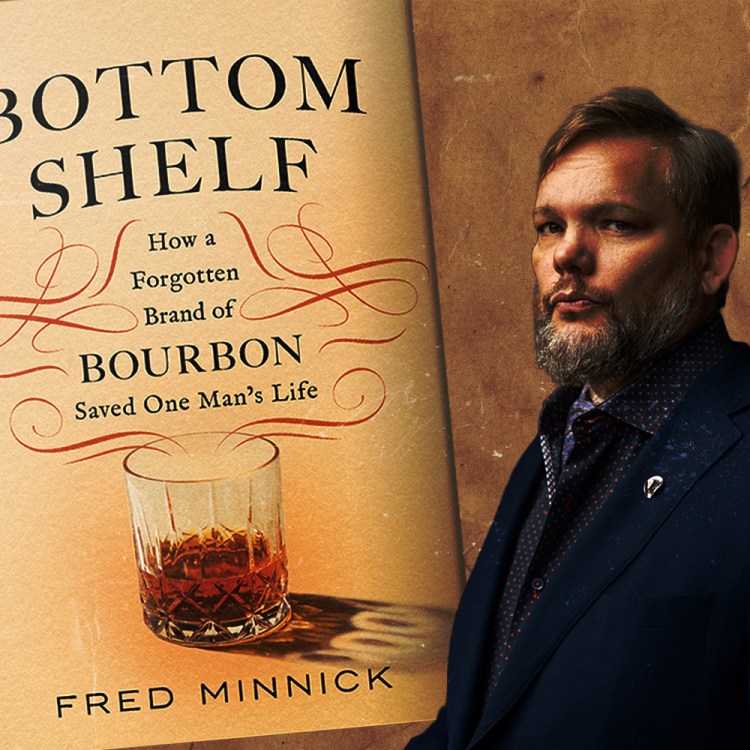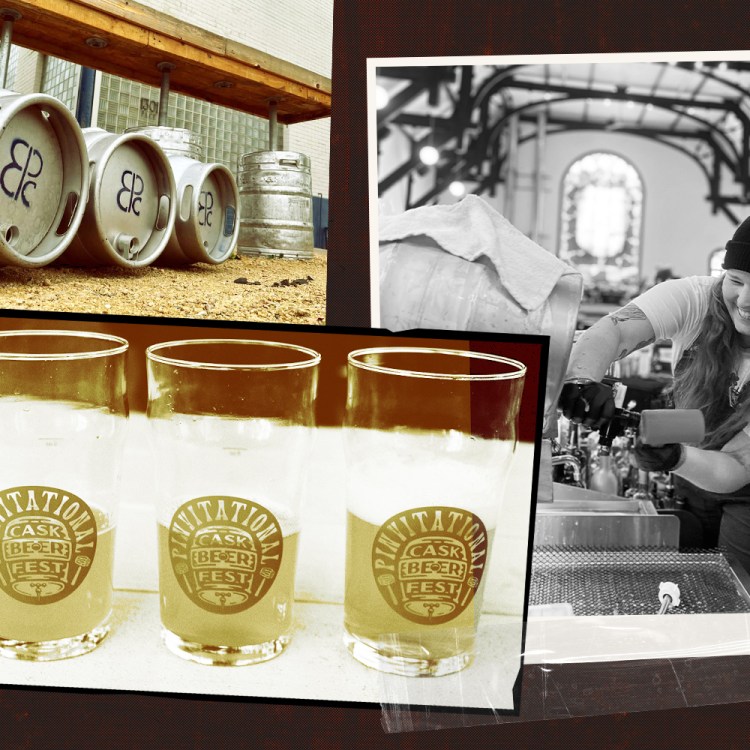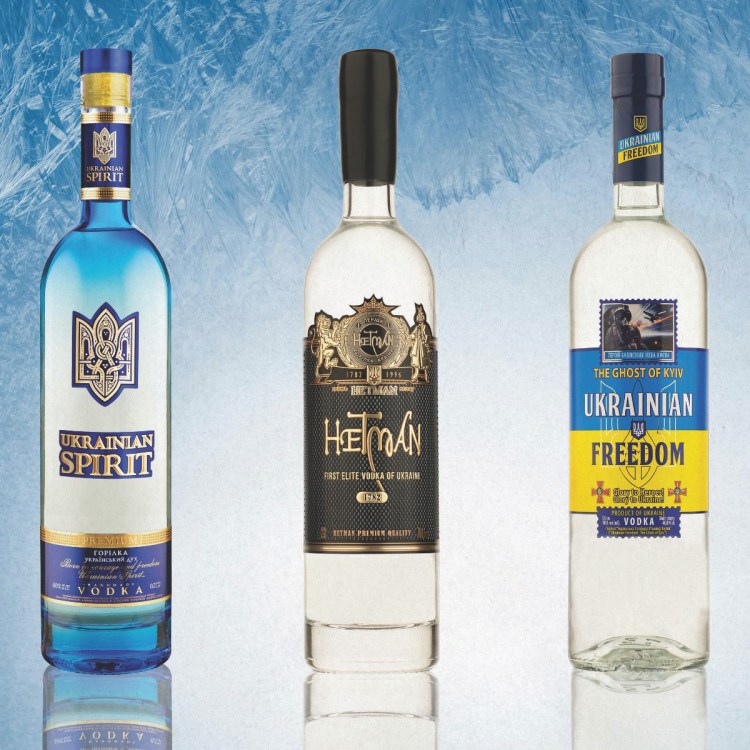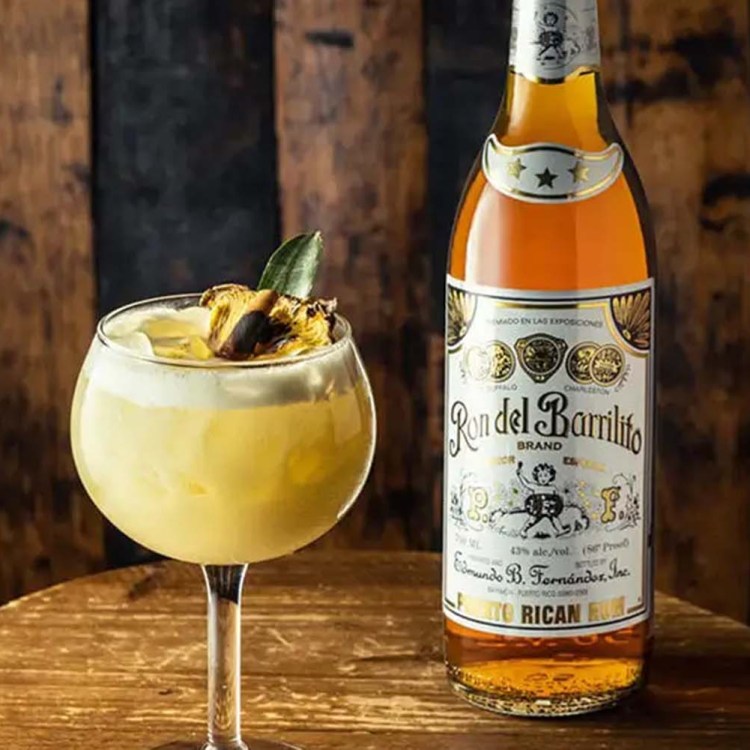Worried about your financial future? Turned off by the stock market’s constant ups and downs? You need some whisky. Both in a glass, neat, and in your investment portfolio. That’s the aim of Braeburn Whisky, which is not an obscure Speyside single malt but rather a financial firm that helps investors acquire and manage whisky cask investment portfolios from leading Scotch distilleries.
Invest in whisky and make money? If you think of the brown spirit like any other commodity, it’s not a far-fetched idea. We’ve covered whisky cask investments before — the returns are solid (investors working with Braeburn Whisky globally have earned median net annual realized returns of 12.45%) and you get a chance to actually put your money where your mouth usually is. These aren’t nebulous investments; they’re real casks and tangible, delicious assets that you’re buying and selling,
How Rare Wines and Whiskies Are Becoming Legitimate Investments
Wine and spirits firms like Vint are luring investors into non-traditional assets — and now offering up new ways to grab rare bottlesBraeburn got its start in Scotland in 2016 and since branched out to Spain, Shanghai and now a very cool Midtown New York office, which we recently visited (yes, there’s a bar). It’s here where we sat down with Samuel Gordon, president of Braeburn USA, to understand more about making a financial plan that’s spirit-forward.
A few caveats: We aren’t offering financial advice here, but simply relaying an interesting and unique story about a subject we love (whisky). If you are interested in what Braeburn has to offer, you’ll still need to be a verified accredited investor. And right now, U.S. investors are limited to Scotch investments, although Japanese casks may be available by year’s end.
You don’t need a background in whisky to invest
Gordon actually had a more traditional investment background. “I wasn’t always a whisky fan, but you learn pretty quickly,” he says, noting that he is proudly Scottish. “And I definitely am one now.” He estimates that the company is probably a 50-50 split between whisky geeks and people with a traditional financial background.
That financial know-how was essential when the company launched in the U.S. earlier this year. “Our biggest hurdle was with the SEC,” Gordon admits. “That’s because they saw Scotch cask investment as a security. So we had to navigate the securities landscape in the U.S. prior to coming here. That took us about 24 months of working with our lawyers; the solution was that all casks would have to be sold through a licensed broker-dealer.”
The transactions are transparent
Once you buy casks, you get ownership confirmation, a warehouse confirmation on where the casks are being stored and access to Braeburn’s online platform, as well as a personal portfolio manager.

The biggest selling point is the most obvious
By the very nature of this being whisky, the casks are going to get more valuable over time. “The longer whisky spends in the cask, the higher the quality gets,” says Gordon. “That’s because the cask helps to round out the spirit and creates a more pleasurable experience. Further to that, the older whisky gets, the less of it there is available.” Plus, you’ll see a lot of whisky people gravitating toward age statements — so those 12, 15, 18, 21 and 25-year bottles obviously get more expensive as they mature.
It’s a good bet for the distilleries
“What we’re essentially offering our distillery partners is bridge finance,” says Gordon. “They’re able to take these casks off their books for a number of years. They sell them to us, we sell them to our investors.” The casks are then stored at the government-bonded warehouses at Braeburn’s respective Scottish distilleries (which might not be household names but include Burn O’ Bennie, Falkirk and Annandale). Braeburn suggests investors hold on to the casks for about five years, although, obviously the longer you wait…
You can drink your shares (but don’t)
Yes, you could buy a cask and bottle it. “But we advise most of my investors not to exit that way, primarily just because most of them don’t have the platform to buy casks and bottle them,” explains Gordon. Fair enough. The better plan is to wait and sell, either to another individual or investment entity, to an independent bottling company that’s a non-distillery bottler, or even back to the distillery itself, if they need to replenish their stock. (Technically, you don’t need to sell the barrels through Braebrun’s platform even if you bought them there, but it does make the process much easier.)
If you do want to taste a little of what you’re investing in, well, there are Braeburn-guided tours of the distilleries available to investors. But those tend to be large groups. For the individual, that’s where the beauty of the Braeburn offices comes in.
“I’ve got eight investors coming here tonight,” Gordon noted at the time of our interview. “We’ll sit down at the table over there, at the bar, and have an experience. That’s all part of the investment.”
Every Thursday, our resident experts see to it that you’re up to date on the latest from the world of drinks. Trend reports, bottle reviews, cocktail recipes and more. Sign up for THE SPILL now.
